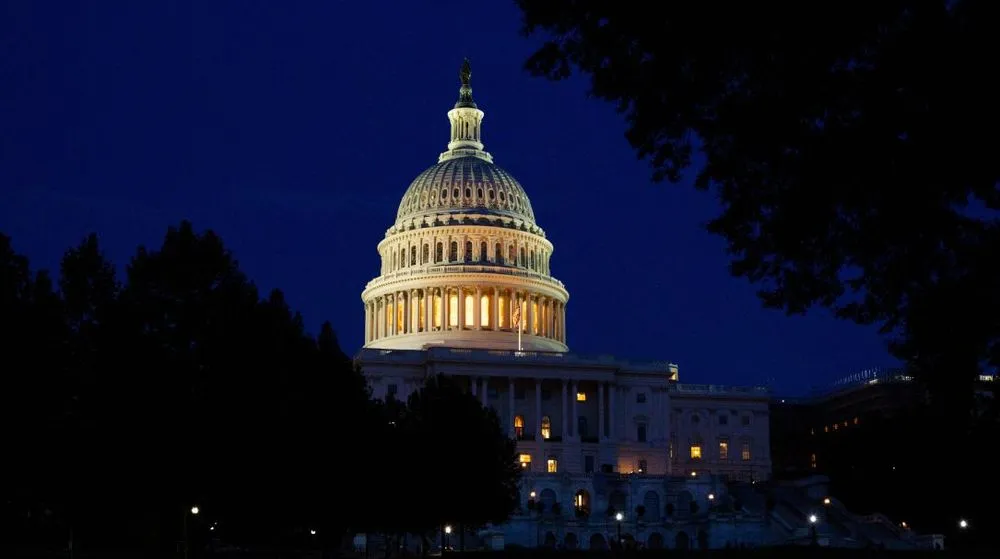Debate over US surveillance powers pushed into 2024
Congress will wait until next year to debate the future of a key surveillance program after the House on Thursday approved a four-month extension of its legal authority.
Lawmakers voted 310-118 to clear an $886 billion defense policy bill that included a temporary renewal until April 19 of federal powers to conduct sweeping surveillance of foreigners’ communications under Section 702 of the Foreign Intelligence Surveillance Act.
Prior to the vote, members voted 307-23 to defeat a motion by Rep. Chip Roy (R-TX) to adjourn the chamber to block a final vote on the legislation, known as the National Defense Authorization Act (NDAA).
The Senate approved the measure on Wednesday. It now goes to President Joe Biden for his signature.
“We are relieved and grateful that Congress recognizes that allowing Section 702 to lapse even temporarily would be catastrophic to U.S. national security and the safety of the American people, Assistant Attorney General Matt Olsen said after the vote. "We cannot afford to be blinded to the many threats we face from foreign adversaries, including Iran and China, as well as terrorist organizations like Hamas and ISIS."
Thursday’s vote caps what had been a busy two weeks around the National Security Agency program, which intercepts the electronic communications of hackers, terrorists and other foreign intelligence targets but also vacuums up the data of U.S. citizens.
Last week the House Judiciary and Intelligence committees each approved bills that would renew Section 702 for three or eight years, respectively, while proposing different limitations on it.
Judiciary’s legislation would require all U.S. intelligence agencies to obtain a court warrant before they could search the NSA database for information about Americans, a bipartisan reaction to repeated violations by the FBI.
The Intelligence bill would prohibit FBI queries conducted to find “evidence of a crime,” which are not related to foreign intelligence.
Both measures had been set to come to the House floor on Tuesday under a rarely used procedure known as “Queen of the Hill,” where each would get a vote but without the ability to amend them. Whichever got the most support would ultimately head to the Senate.
That proposal, by House Speaker Mike Johnson (R-LA), fell apart amid divisions within the GOP Conference.
Speaking on the House floor, senior members defended FISA riding on the defense authorization bill against attacks by far-right conservatives.
“Nobody I know says that [Section 702] should completely go away. Well, if we don't do it on this bill, it completely goes away on January 1, which is a huge national security threat to this country,” Rep. Adam Smith (WA), the top Democrat on the House Armed Services Committee, said.
“We should debate that policy,” he added. “What this bill does is it gives us time to do the reforms that need to be done without jeopardizing national security.”
Rep. Jim Himes (CT), the top Democrat on the Intelligence panel, acknowledged there has been a “robust conversation about 702 this week and there should be more robust conversation.”
“What is completely intolerable is the notion that the authorities should be allowed to expire,” he said. “As ranking member on Intelligence, by God, let's reform it. But do not let it expire. If it expires, Americans and allies will die.”
Roy decried congressional leaders for deciding 702 should be “piled on top of” the NDAA.
“For the life of me, I do not understand why this is how Republicans think we should end the year heading out for Christmas.”
Martin Matishak
is the senior cybersecurity reporter for The Record. Prior to joining Recorded Future News in 2021, he spent more than five years at Politico, where he covered digital and national security developments across Capitol Hill, the Pentagon and the U.S. intelligence community. He previously was a reporter at The Hill, National Journal Group and Inside Washington Publishers.



